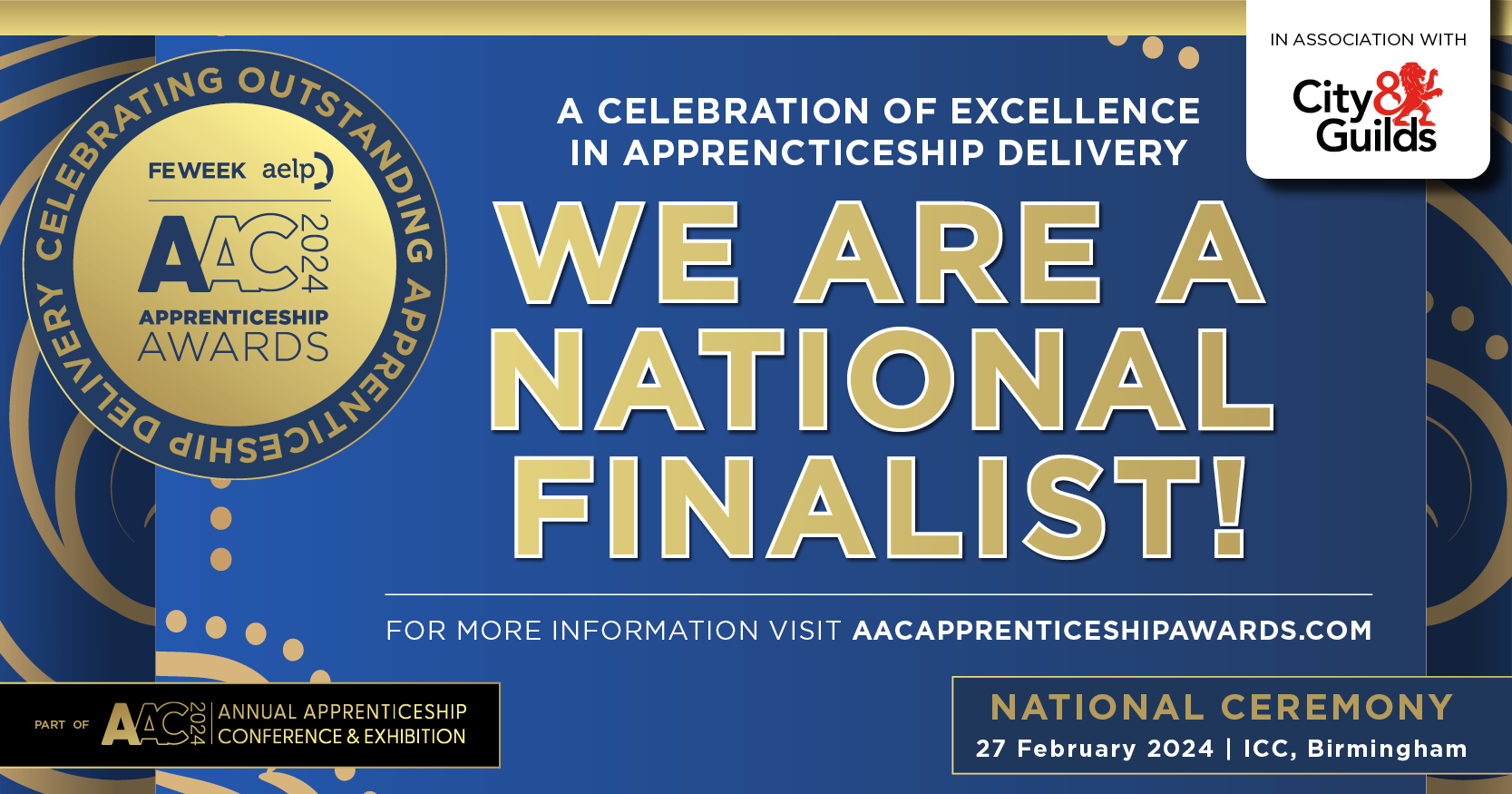28TH NOV 2023
Finance at University vs Accounting Apprenticeships: Navigating Your Path to Financial Expertise


Many paths can lead to a fulfilling career in finance and accounting. The most common is a traditional university degree in finance or opting for an accounting apprenticeship. Accounting is a flexible skill that can be applied to businesses across all industry sectors and is equally useful for individuals who want to be self-employed or run their own accountancy business.
Accounting training
Many paths can lead to a fulfilling career in finance and accounting. The most common is a traditional university degree in finance or opting for an accounting apprenticeship.
Accounting is a flexible skill that can be applied to businesses across all industry sectors and is equally useful for individuals who want to be self-employed or run their own accountancy business.
Depending on your career goals and preferred learning methods, a university degree or apprenticeship could be a good option for you. It's important to understand that both options are very distinct and offer different benefits and drawbacks for learners.
In this article, we're taking a closer look at finance at university and accounting apprenticeships.
Finance at University
Universities offer a traditional yet robust approach to financial education. The emphasis is on theoretical understanding to provide a broad foundation that prepares students for a spectrum of roles within the financial sector. Therefore, the curriculum encompasses financial accounting, economics, and investment analysis to name a few core course areas.
Accounting Apprenticeships
In contrast, Accounting Apprenticeships embrace a more hands-on, practical approach. Apprentices step directly into a professional setting, where theoretical knowledge is immediately applied in real-world scenarios. This immersive learning experience accelerates the understanding of financial processes, fostering a dynamic and adaptive skill set and allowing learners to gain a recognised qualification in doing so.
Benefits of accounting at university
Professional qualification
If you're looking to pursue a degree in finance, then this usually involves enrolling in a bachelor's or master's programme. A bachelor's degree typically spans 3 years, while a master's can take 1-2 years to complete.
The length of the course allows for an in-depth understanding of a broad range of topics and the development of critical thinking and research skills.
Diverse career paths
University programmes explore the expansive scope of the finance industry. The course will cover core and a range of selected modules, including investment banking, corporate finance, financial analysis, quantitative finance and more.
Many students will lean towards these topics as it allows them to learn more about the finance industry before specialising. This makes it a viable option for individuals with a passion for finance but who are still deciding their focus area.
Course content
Finance university courses cover a broad range of topics in-depth. While every course is different, depending on the level and where you study, core subject areas tend to cover:
- Financial markets and institutions
- Investment analysis and portfolio management
- Corporate finance
- Financial analysis and reporting
- Risk management and derivatives
Networking Opportunities
Universities are a hub for networking opportunities. Students can connect with professionals in the finance industry through events, guest lectures and networking sessions through the university.
These events offer a platform for students to engage in conversions, ask questions and gain insights into the finance industry. This can help with career guidance, and industry insights and potentially lead to internship and job opportunities.
What are the main benefits of accounting apprenticeships?
Apprenticeships is a training programme that blends workplace experience with classroom learning. Apprentices work alongside experienced mentors and upon completion, earn a recognised qualification in their chosen fields. So why do many learners choose apprenticeships over university education?
Hands-on experience
What many learners consider the most significant advantage of accounting apprenticeship is the hands-on experience. Apprentices learn on the job and in the workplace, either in an accounting firm or as part of a finance team in an organisation.
This allows learners to get on-the-job training and work closely with professionals in the field, building upon knowledge and experience from members of the team.
Earn while you learn
A degree can be expensive for many individuals looking to enter the finance industry which is why apprenticeships make a great cost-effective alternative. Apprenticeships allow you to earn while you learn and depending on the apprenticeship level, the salary can reflect a minimum medium salary. Overall, you'll gain a qualification and graduate debt-free, offering a more financially viable option for individuals.
In the UK, the average salary for an apprentice is £20,955 per year with the current National Minimum Wage rate for an apprentice starting at £5.28 per hour. However, this can fluctuate depending on the employer and the apprenticeship level.
Gain a professional qualification
Our accounting apprenticeships range from Level 2 to Level 4 and are certified and accredited by the Association of Accounting Technicians (AAT). They are highly respected in the industry, with modules and core areas of study aligning with the business and the job role.
You'll be taught by experienced lecturers who will guide your learning, provide feedback, and answer questions as apprentices work towards the end-point assessment.
Get an early start in your career
Apprenticeships kick-start your career by placing you in the industry from day one. Accounting apprenticeship programmes are designed with industry experts. This ensures that the skills and knowledge you acquire are highly relevant and in demand, making this training extremely valuable to employers.
It is a common practice that apprentices are retained by their employers upon the successful completion of their training programme. Apprenticeships also allow for progression routes to upskill and gain further experience.
Accounting Apprenticeships vs University: Making your decision
Overall, each path others a unique set of advantages that cater to different learning styles and career aspirations.
Whether you’re looking for in-depth theoretical knowledge or to kickstart your career, universities and apprenticeships both offer a platform to align with your vision for a fulfilling career in the ever-changing finance industry.
Accounting Apprenticeships at Gloucestershire College
Apprenticeships are open to anyone aged 16 or above. If you’re already employed, you can use the apprenticeship scheme to upskill and gain qualifications to boost your career. Explore accounting apprenticeships at GC today.
Hear what our Level 4 AAT apprentice Izabela Wroblewska had to say. “Apprenticeship seemed like a good way for me to get a head start by gaining valuable work experience in Accountancy at the same time as I was studying towards my qualifications.
“At the beginning, I started with admin duties, but as my knowledge and experience were increasing, I was able to progress to more complex tasks including bookkeeping, cost analysis, budgeting, and accounting as a whole. It was an apprenticeship requirement that I would be in college for one day per week to study. My employer was very supportive of this arrangement and would always give me time to study and work on college assignments.”
Accounting Apprenticeships for Employers
Whether you’re looking to recruit an apprentice or upskill a current member of your team, our Employer Training & Apprenticeships team can help discuss the training needs for your business.
Read our guide to accounting apprenticeships for employers here:












